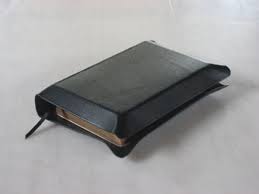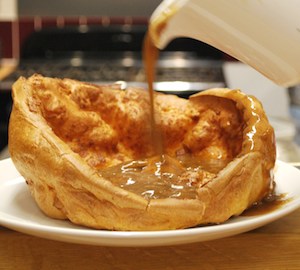Regency Era Lexicon – We’re Coming to the End – X, Y, and Z
xebec – a small three-masted Mediterranean vessel with both square and lateen sails, originally used by Algerian pirates and later used for commerce
yager – a 19th Century rifle; a muzzle-loading hunting rifle
yam – a posting house along a road

Gallery – Bookbinding, Leather Book Binder, Cloth Book Binding …
http://www.bookrestorations.com.au
yapp – a type of bookbinding in which the leather edges overlap the pages
yarborough – a hand of 13 cards in which no card is higher than a nine; supposed to be named after the second Earl of Yarborough (1809–62), who is said to have bet a thousand to one against the occurrence of such a hand
yardland – an archaic medieval unit of land, between 15 and 40 acres, depending upon the locality; a virgate; a peasant who holds the land

Concordia Yawl
http://www.macnaughtongroup.com
yawl – a two-masted sailing vessel, rigged fore-and-aft, with a large mainmast and a small mizzenmast stepped aft of the rudder post; a ship’s small boat, usually rowed by four or six oars
yellow – the color of the Whigs during elections; the Tories used blue
yellow fever – a tropical disease spread by mosquitoes; those who traveled to the West Indies were exposed to the disease
yeoman – an independent farmer with land of his own, usually 300-1000 acres
yeomanry – the mounted, wealthier faction of the militia
The Archbishop of York – is a high-ranking cleric in the Church of England, second only to the Archbishop of Canterbury. He is the diocesan bishop of the Diocese of York and the metropolitan of the Province of York, which covers the northern portion of England (north of the Trent) as well as the Isle of Man. The archbishop is a member ex officio of the House of Lords, and is styled Primate of England. (The Archbishop of Canterbury is “Primate of All England.”)
Yorkshire Pudding – Yorkshire Pudding, also known as batter pudding, is a dish named after Yorkshire, England, though there is no evidence it originated from there. It is made from batter and usually served with roast meat and gravy.
Your Grace – the form of address for a duke or duchess when addressed by the nobility or the gentry; also the form of address for an archbishop by everyone
Your Highness – used in direct conversation with the nephews, nieces, and cousins of the sovereign
Your Majesty – used in direct conversation with the king or queen
Your Royal Highness – used in direct conversation with the monarch’s spouse, children, and siblings
Your Worship – the form of address for a magistrate
zemindar – in colonial India, an indigenous revenue collector or landholder
zibeline – a sable; a thick cloth made of wool or other animal hair, having a long nap and a dull sheen
zounds—An oath or swear-word, contracted from God’s wounds. It had about the same degree of offensiveness as the modern “damn.”






Roast beef and Yorkshire Pudding is still a favourite for Sunday lunch.